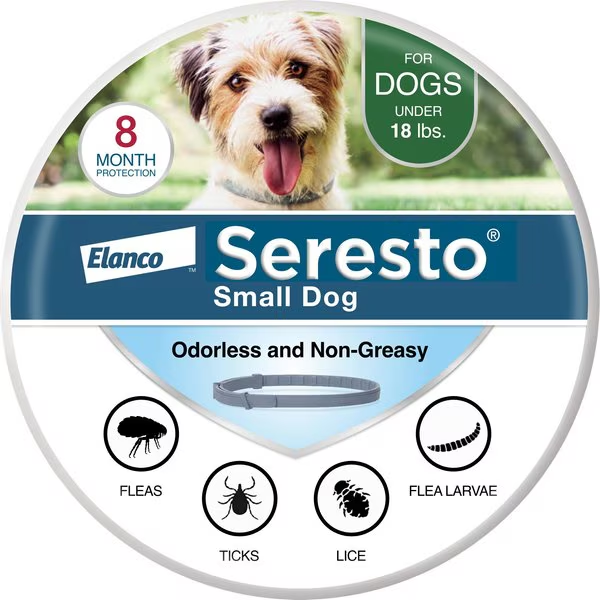
Many people in America sleep with their pets in their beds. Sometimes, they feel like they are a part of the family and deserve a spot on the bed. Other times, they cannot get their pets to get out of bed.
Either way, how do pets in your bed affect your sleep?
Many people have allergies that might keep them awake at night.
You may not be able to sleep as well because you can’t breathe as well with them beside you.
Pets are just like people.
They can move around, snore, kick you, and basically keep you awake all night. Just like your husband or wife, you may find yourself waking up every time that your pet moves.
Cats are nocturnal, and they tend to be active at night.
They might keep you up while they are pacing around the bedroom looking for something to get. You may hear them running around the house when you should be getting some sleep.

That being said, some people feel better having their pets in bed with them.
They might feel safer at night with their pet beside them. This may be even more true if they are home alone at night.
Even if you want to get your cats off your bed, you might not be able to.
They are very territorial and may not appreciate being moved off your bed. They might hiss, scream, and bite. You have to be careful of cats that try to scratch you because they can give you cat scratch fever.
Before letting your pets sleep in bed with you, ensure they are healthy.
Pets can pass on diseases such as roundworms, intestinal worms, and much more. You definitely need to take good care of your pets to let them sleep in your bed.
While a pet in your bed may or may not disturb you, it is up to you whether they are allowed in your bed.
It may be a personal reason, though it may also be practical. Only you can make the right decision for you and your pet.
If you decide to sleep beside your pets, here are some tips to ensure that you both get a good night’s sleep every night.
Take your pets to the veterinarian regularly for checkups and deworming.
You don’t need to get sick just because you sleep with your pet.
Work on training your pet to sleep beside you, not on your chest, head, or any other area.
You don’t want to get woken up feeling like you can’t breathe, simply because they are sleeping on your neck or chest. They can safely stay beside you all night long.
Be sure to get a good mattress protector that will help you against bacteria that grow on your mattress.
If you have allergies, you may also want to consider finding one that is specifically designed for allergy sufferers.

Amazon has many different mattress protectors, such as the one shown above, that can help you protect your mattress (and your allergies)!
Whether you allow your pets to sleep with you is a decision you need to make for yourself. For some people, their pets are disturbing their rest due to their snoring and roaming. However, some pets will sleep quietly beside you all night long. Some even get mad if you interrupt their sleep! Others may get mad when you try to get them off your bed.
If you decide to let your pets sleep beside you in bed, be sure to take them to the veterinarian regularly. You want to keep your fur babies healthy, as well as your entire family.

SweetNight offers innovative yet affordable sleep products, including award-winning mattresses, toppers, pillows, and even elevated cooling dog beds (for those who DON’T want to sleep with their dogs). They offer free shipping and returns, a risk-free 100-night trial, and a warranty of up to 10 years.
***
Please note, this article contains affiliate links, where I will receive compensation if you buy the product, without any extra cost to you.
***
You should also note that the information provided is for educational and informational purposes only. Although I am a veterinary professional, this blog should not be used as a substitute for professional veterinary advice.
If your pet is experiencing a medical problem or concern, please contact a veterinary health professional immediately.
























